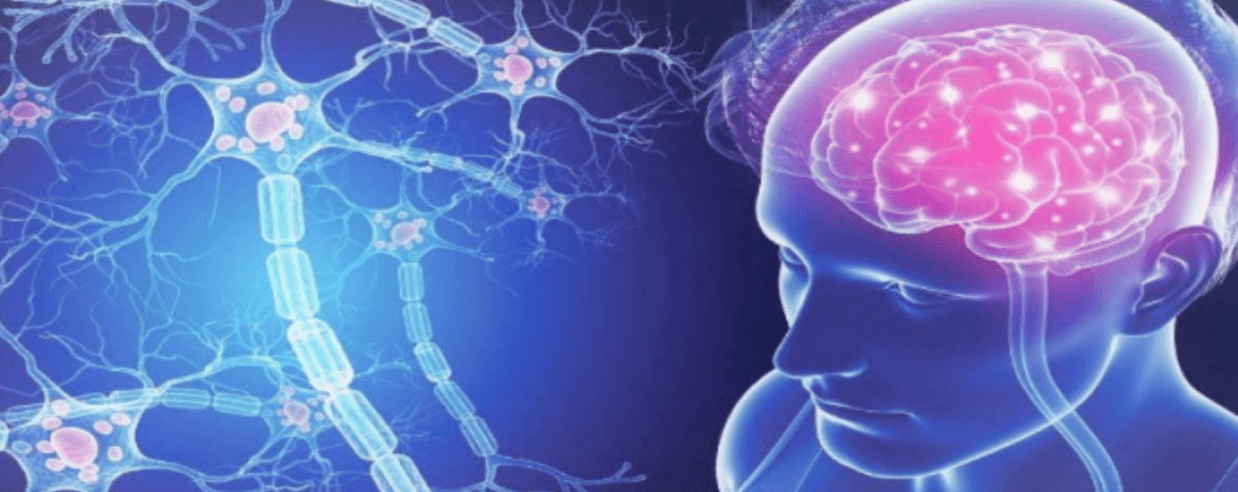Regenerative Medicine For Multiple Sclerosis Fundamentals Explained
Table of ContentsExcitement About Regenerative Medicine For Multiple SclerosisOur Regenerative Medicine For Multiple Sclerosis PDFsThe Basic Principles Of Regenerative Medicine For Multiple Sclerosis What Does Regenerative Medicine For Multiple Sclerosis Mean?Facts About Regenerative Medicine For Multiple Sclerosis UncoveredFascination About Regenerative Medicine For Multiple SclerosisThe 5-Minute Rule for Regenerative Medicine For Multiple Sclerosis
The mesenchymal stem cells hair transplanted during stem cell therapy can divide and mature to create new cells that can fill in the harmed cells of the nervous tissue. This may bring back neurological functions in individuals with this problem. These benefits of stem cell treatment are more sustained by the ability of MSCs to promote recovery.Clients with several sclerosis are normally treated with mesenchymal stem cells. These are multipotent stem cells that have the capability to separate and grow to develop a large range of cell key ins the body. Once transplanted, these stem cells can create to form healthy nerve cells therefore sustaining the regeneration of the damaged tissues of the nerve system.
Once hair transplanted, the stem cells move to areas of swelling or damage within the main nerves (CNS). They are normally brought in to the sites of injury where the immune system is attacking the myelin sheath, the protective covering of nerve fibers. The stem cells function by advertising the repair service and regrowth of harmed myelin, potentially recovering function to affected nerve cells.
Some Known Facts About Regenerative Medicine For Multiple Sclerosis.
Stem Cell Research Study on MS The National Numerous Sclerosis Society, along with other organizations, is proactively moneying and sustaining research into mesenchymal stem cell treatment for multiple sclerosis to explore their potential and boost therapy procedures. The goal is to create safer and much more efficient means to make use of stem cells in dealing with MS.
Some Known Incorrect Statements About Regenerative Medicine For Multiple Sclerosis
Here are below from patients of clients Swiss Medica clinic. The client traveled from Romania seeking treatment for MS after listening to positive feedback concerning stem cell therapy for the disease.
Obtain a free online assessment to learn how stem cells will certainly work for your situation, and what are the duration and expense of the therapy. Uccelli, A., Laroni, A., Brundin, L., Clanet, M., Fernandez, O., Nabavi, S. M. Regenerative Medicine for Multiple Sclerosis., Muraro, P. A., Oliveri, R. S., Radue, E. W., Sellner, J., Soelberg Sorensen, P., Sormani, M. P., Wuerfel, J. T., Battaglia, M
Stem cells are cells in the body that can mature into specialized cells that serve a specific functionDetails There are 2 main types of stem cells: embryonic stem cells and adult stem cells.
are found in some grown-up tissues and organs including the bone marrow, skin, blood, and mind. Adult stem cells are not as flexible as beginning stem cells and are consequently a lot more restricted in regards to the sorts of cells they mature right into. The special residential or commercial properties of stem cells provide guarantee for new treatments that can slow/halt MS disease activity and fixing tissue damages in the main worried system.
Some Known Details About Regenerative Medicine For Multiple Sclerosis

The treatment entails accumulating stem cells from an individual's very own (autologous) bone marrow. The person is after that treated with radiation treatment to deplete the immune system and stem cells are reintroduced right into the body where they mature right into new, healthy and balanced immune cells - Regenerative Medicine for Multiple Sclerosis. Stem cells can be injected into the body in various ways

In 2000, the MS Culture of Canada and MS Scientific Study Structure funded a professional test involving HSC transplants, led by Drs. Mark Freedman and Harry Atkins from the Ottawa Medical Facility Research Institute/University of Ottawa. The aHSC therapy offered in Canada is a treatment that utilizes high-dose radiation treatment, also called conditioning.

What Does Regenerative Medicine For Multiple Sclerosis Do?
Neural stem cells (NSC) are located in the mind and can mature right into different kinds of mind cells consisting of nerve cells, oligodendrocytes, and astrocytes. NSCs may serve to fix or shield the mind and modulate the body immune system. Early scientific trials in non-human primates showed that treatment with NSCs profited the development of MS-like illness in animal models.
The arise from these safety and security research studies declare for future stem cell and regenerative medication therapies in MS. Future scientific trials (phase 2 and 3) with bigger numbers of individuals and controls are essential to analyze the effectiveness of this therapy for MS. As demonstrated by the instances over, there is a vast variety of research taking area that will give extra solutions about making use of stem cells to treat MS.
Stem cell therapy is considered risk-free, yet, like any clinical procedure, it carries some risks, such as short-term swelling or discomfort at the shot website. Serious side impacts are uncommon when performed by qualified experts.
All About Regenerative Medicine For Multiple Sclerosis
Numerous sclerosis (MS) is learn this here now a chronic disease of the central nerve system that impacts the mind and spine. It is characterized by the degradation of myelin, a compound that covers nerve fibers, causing interruptions in communication between the brain et cetera of the body. Symptoms can vary commonly and consist of muscle weak point, vision troubles, imbalance, and fatigue.
Several sclerosis is identified by the body immune system wrongly assaulting the protective sheath (myelin) that covers content nerve fibers, causing interaction concerns between the brain et cetera of the body. The condition can bring about the degeneration or irreversible damages of nerves. Signs and symptoms differ commonly among patients and can include exhaustion, movement concerns, pain, and cognitive changes.